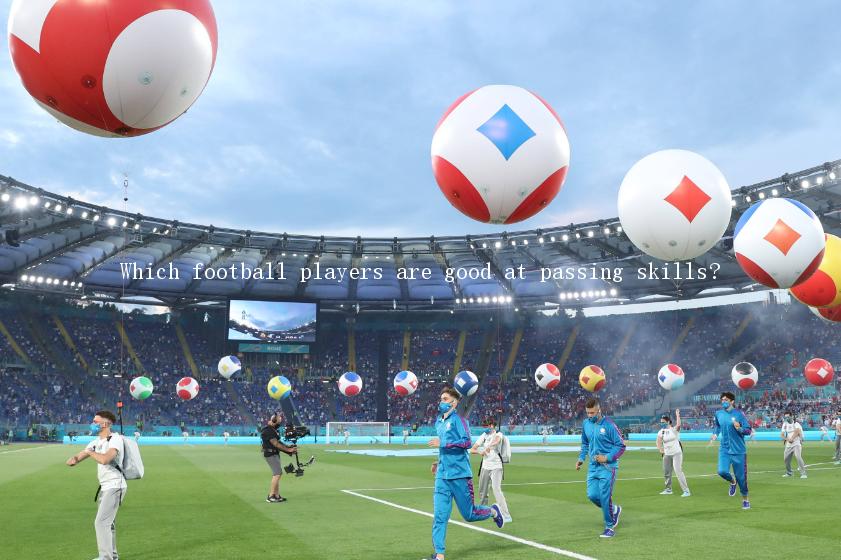Learning from Tokyo Verdy’s relentless pursuit of perfection: Noh Alam Shah and Isa Halim
Similarly, in order to allow the natural turf to recover, goalkeepers rotate their practice spots and do not train on the same areas every day.
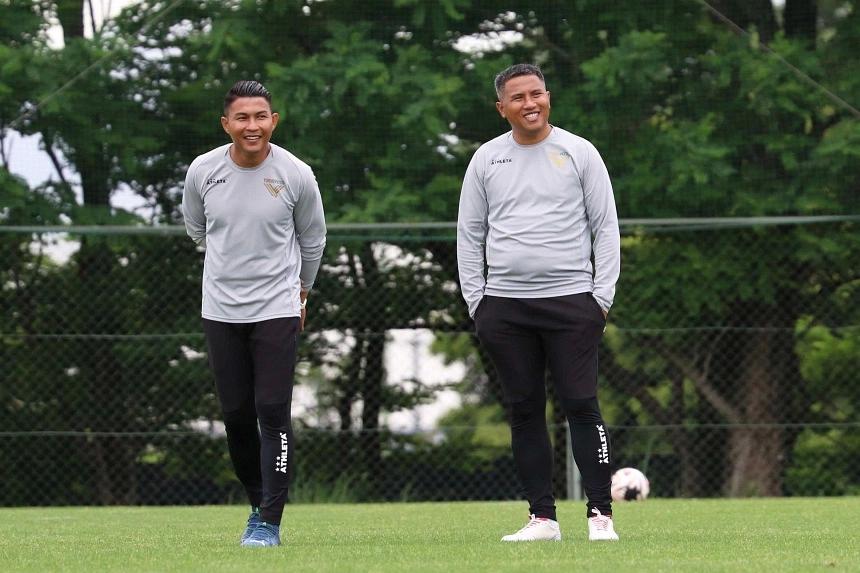
As former Singapore internationals Noh Alam Shah and Isa Halim learnt during their time with the newly promoted club, who are eighth in the 20-team J1 League, it is the thoughtfulness behind the seemingly obvious, respect, attention to detail and the unrelenting will to get things right that has helped Japanese football succeed on many levels.
The duo, who both hold Asian Football Confederation A licences, are the inaugural batch of participants for the Coaches Overseas Attachment programme, an initiative under the Unleash The Roar! (UTR) national football project. Their stint, which started on May 24, takes place till the J1 League season ends on Dec 8.
A typical day starts with the technical team – under head coach Hiroshi Jofuku, there are six coaches, three trainers and one manager – arriving at the training ground about 40 minutes before their 8.10am meeting, before they brief the players at 9.30am.
The two-time J-League champions then train from 10am to 1pm. From here, there are more lessons to be gleaned as the Singaporean duo assist Jofuku with the planning and execution of training sessions for the first team.
Isa noted how the players would commit time to work on their individual skills. For example, they would practise passing and controlling the ball with pace for half an hour before and after each session.
The 38-year-old, a back-up national midfielder who grabbed the chance to star in the 2012 Asean Football Federation (AFF) Championship-winning campaign, noted the hunger that comes with a big pool of players fighting for a limited number of spots.
“A player can be in a J1 team, but if he doesn’t perform, he drops to J2, J3 and he may not find a team. There is pressure and motivation for them to keep performing,” he said.
“Some players back home may put in just 10 per cent of the effort players here put in and complain it is tough or they don’t have the opportunity to succeed overseas. But I always believe you can be only as good as the effort you put in. So, we have to ask, when the opportunity comes, are you ready?”
After lunch, the players head to the gym for recovery as the technical team discuss the preceding training session, players’ condition and the next day’s training plan.
Even though the club is well-staffed, Alam Shah observed that none of the coaches are ever idle.
The 44-year-old, who won the 2004 and 2007 AFF Championships, said: “It’s like they work overtime for 11 months away from their hometown from pre-season to the end of the season to ensure the team can perform at their best.”
Before ending their day at 5.30pm, the technical team will play the possession-keeping game of rondo themselves, which is Verdy’s camaraderie-building tradition to “destroy the hierarchy and show everyone is equal”, explained Isa, an ActiveSG coach who is on no-pay leave from his role at the Singapore Sports School.
Alam Shah also noted how Jofuku interacts with the players with different handshakes.
He said: “There are top players coming in from Europe or Brazil, you cannot be a dictator because you will lose the dressing room. But you also cannot be too friendly with the younger players and let them climb over you.
“He understands how to behave and to be what type of person with what type of players. This comes with experience, trying and failing.”
While it has been a challenge coping with the language barrier and being away from their families, the duo’s abilities were affirmed by Verdy sporting director Atsuhiko Ejiri.
He said: “Their learning attitude is very good. We hope they can learn as much as possible from Jofuku, not just how to coach a team but also how to manage a club.”
Inspired by their Verdy stint, the pair are eyeing more opportunities to prove themselves abroad.
Alam Shah said: “As a player I’ve always felt I learnt the most from overseas, even if they were trials with Notts County and Skonto Riga. The J-League has got the best infrastructure and support among Asian leagues and it would be great if I could be back here and find some success one day.”
Isa added: “I have the ambition to go beyond being a youth coach. Coaching overseas has always been a goal for me, but first, I want to be good enough to win something at Singapore level. Ultimately, we just want to try to improve Singapore football in any way we can.”
RELATED STORIES



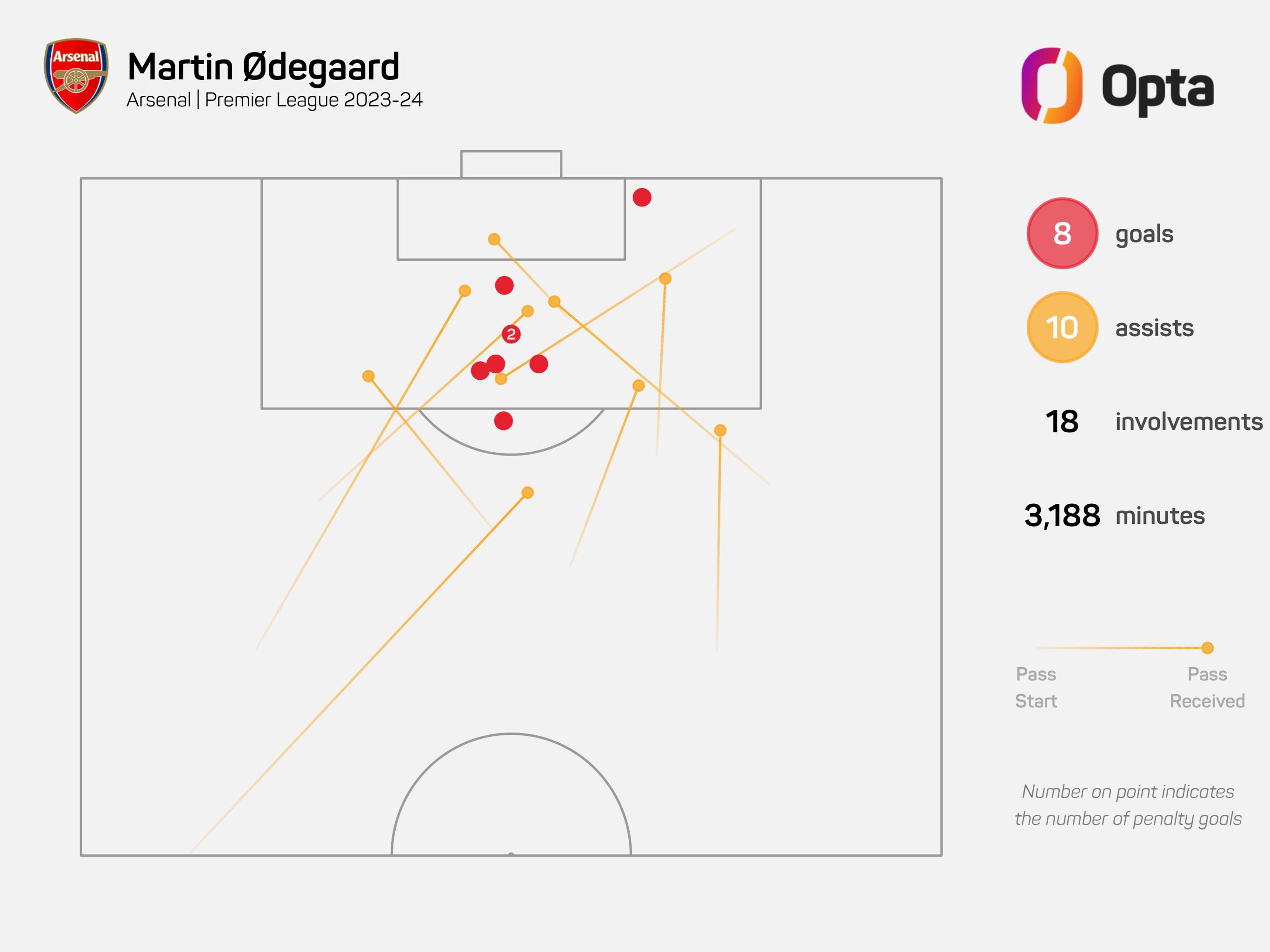
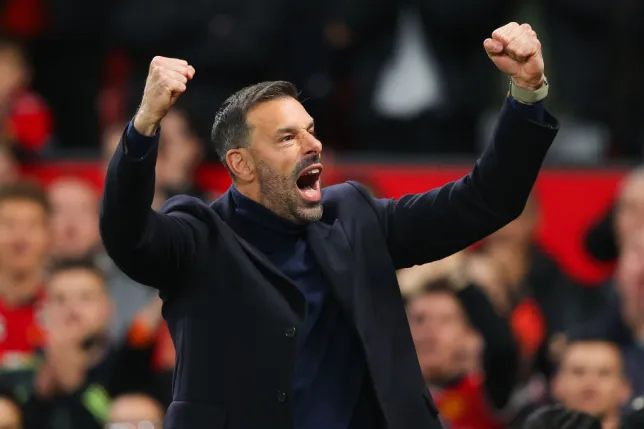
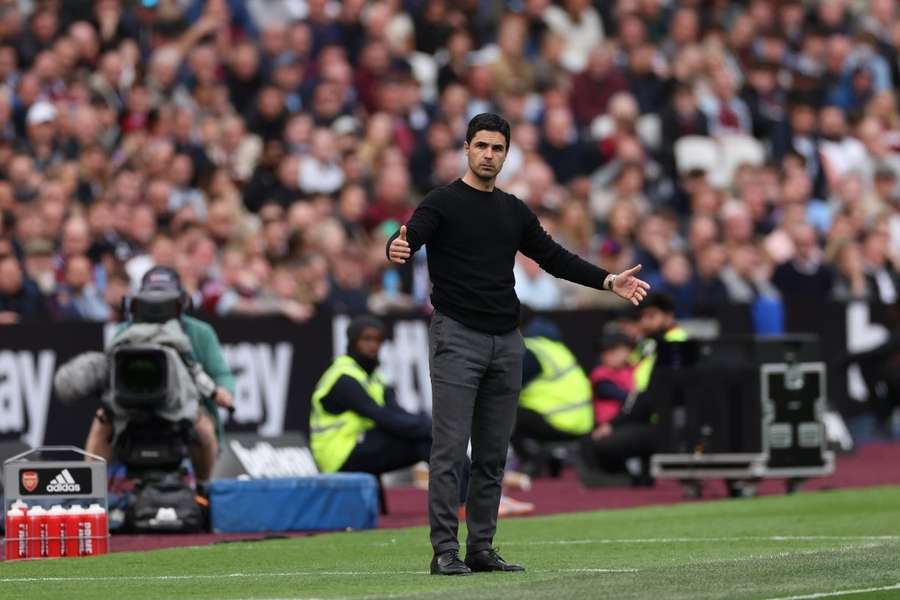
LATEST NEWS






